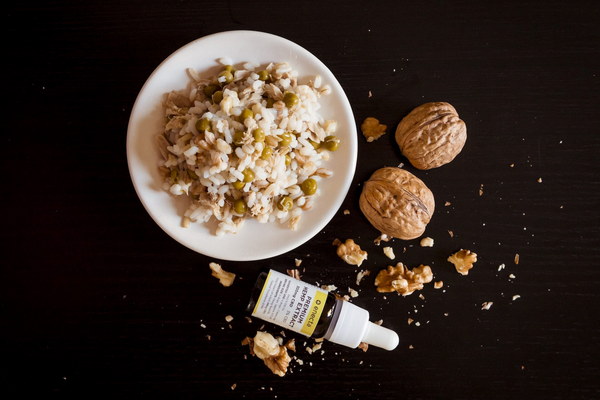Nurturing Your Feline Friend A Comprehensive Guide to Revitalizing a Cat Returning from a Trip
Introducing your cat to the wonders of the world can be a thrilling experience, but the journey back home can be taxing on their body. Whether they've traveled across the country or just a few states away, it's essential to help your furry companion recover and rejuvenate. This article will delve into the best practices for tuning up a cat's health after a trip, ensuring they return to their normal, vibrant selves.
1. Gradual Reintroduction to Home
Upon your cat's arrival, it's crucial to allow them to adjust to their surroundings. Avoid overwhelming them with too much activity or loud noises. Place them in a quiet room with familiar scents, such as their litter box and toys, to help them feel at ease.
2. Hydration is Key
Travel can dehydrate cats, so ensure they have access to fresh water at all times. Encourage them to drink by placing water bowls in various locations around the house. If your cat is hesitant to drink, consider adding a few drops of chicken or beef broth to their water to entice them.
3. Monitor Their Appetite
After a long journey, your cat may not be interested in eating. It's not uncommon for them to experience a temporary loss of appetite. However, monitor their eating habits closely, and if they don't eat within a day or two, consult your veterinarian.
4. Rest and Relaxation
Provide a comfortable and quiet space for your cat to rest. They may need more sleep than usual to recover their energy. Avoid forcing them to be active if they seem disinterested in play.
5. Grooming and Health Check
Give your cat a thorough grooming session to remove any loose fur, dirt, or ticks they may have picked up during their travels. This also provides an opportunity to inspect their skin and fur for any signs of injury or disease. Additionally, check their paws for any cuts or blisters that may have occurred during the journey.
6. Review Their Vaccinations
Ensure that your cat is up to date on their vaccinations, as they may have been exposed to new pathogens during their travels. Consult with your veterinarian to discuss any necessary boosters or preventive treatments.

7. Safe Travel Practices
If your cat is still feeling under the weather, consider implementing these safe travel practices for their next adventure:
- Use a secure carrier to prevent injury during transit.
- Ensure the carrier has adequate ventilation and is large enough for your cat to stand, turn around, and lie down comfortably.
- Place a familiar blanket or toy in the carrier to provide a sense of security.
- Provide fresh water in the carrier, and avoid feeding them for several hours before the trip to prevent car sickness.
8. Monitor for Health Complications
Keep an eye on your cat for any signs of health complications, such as vomiting, diarrhea, or lethargy. If you notice any concerning symptoms, contact your veterinarian promptly.
Conclusion
Returning from a trip can be a challenging time for your cat, but with proper care and attention, you can help them recover and return to their normal, healthy selves. By following these guidelines, you'll ensure that your feline friend enjoys a smooth transition from the road to home.









